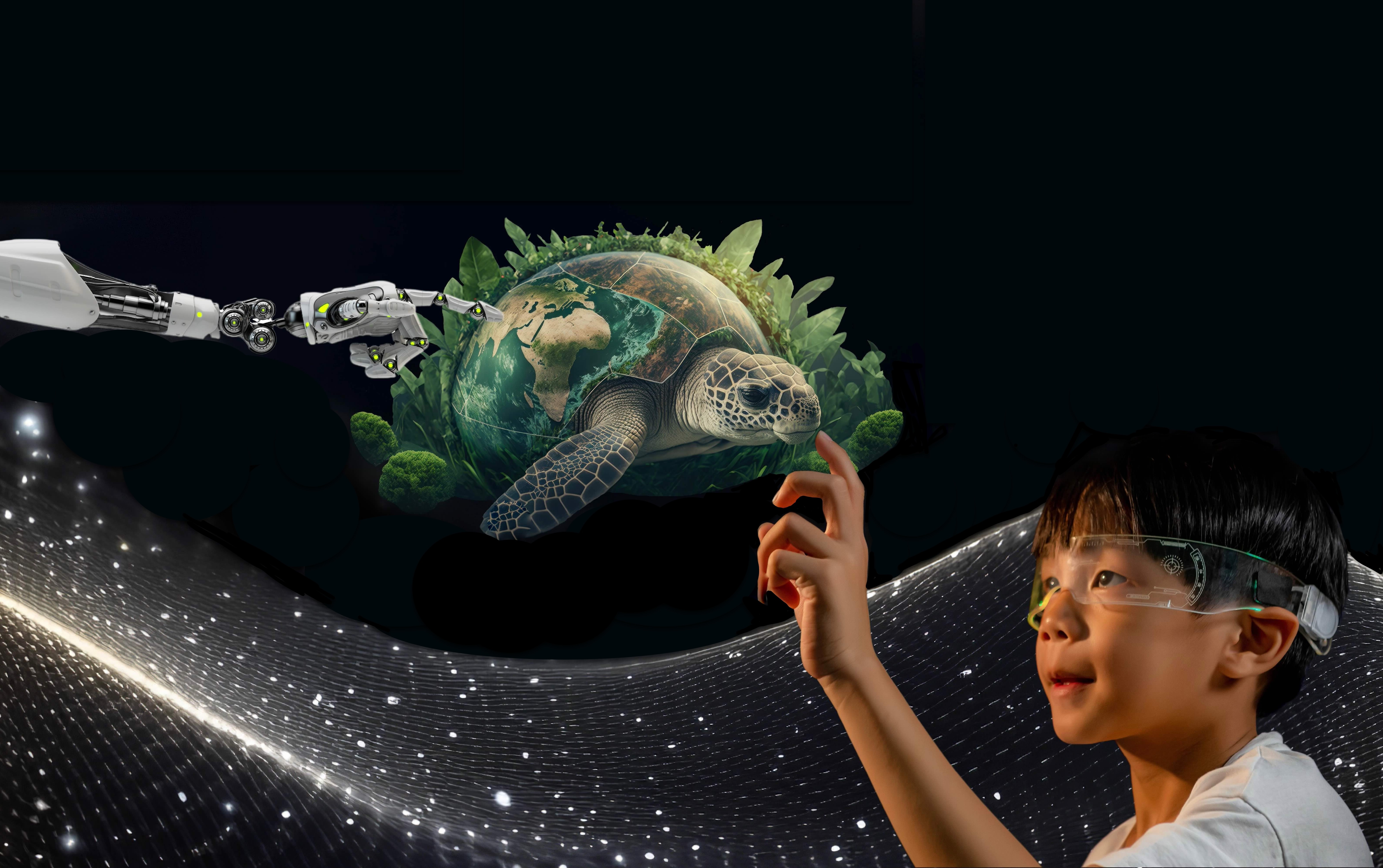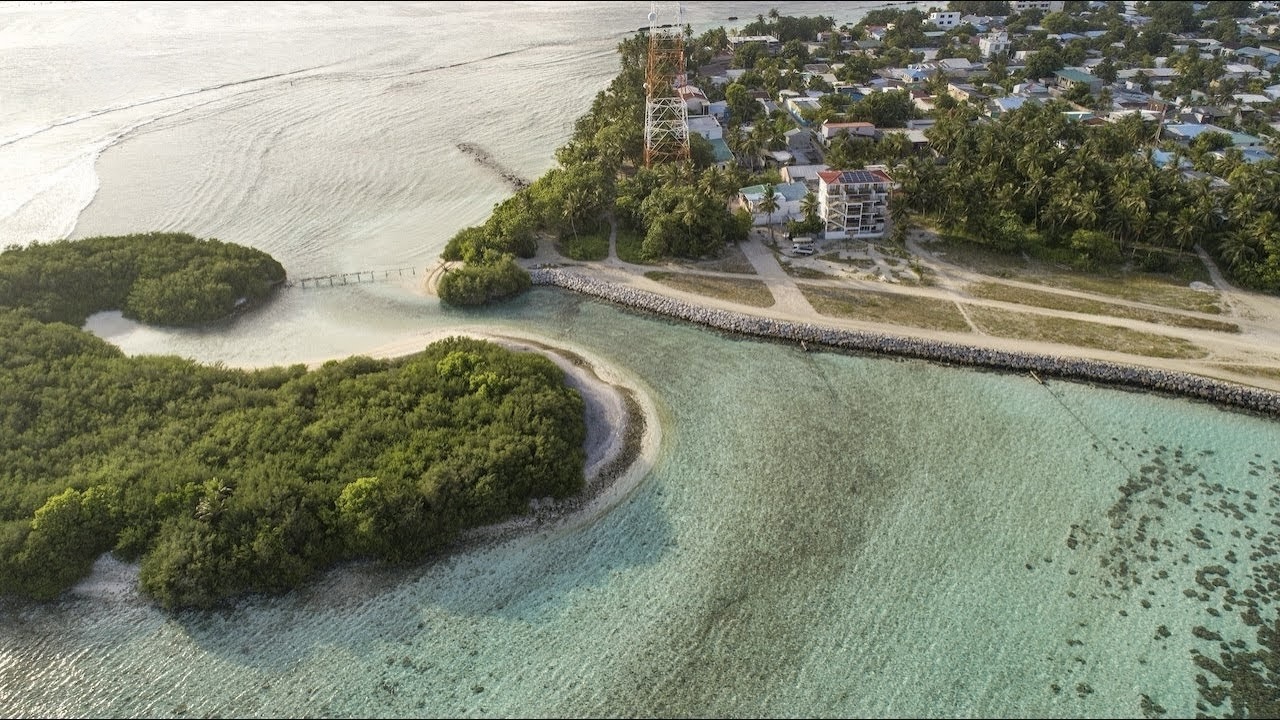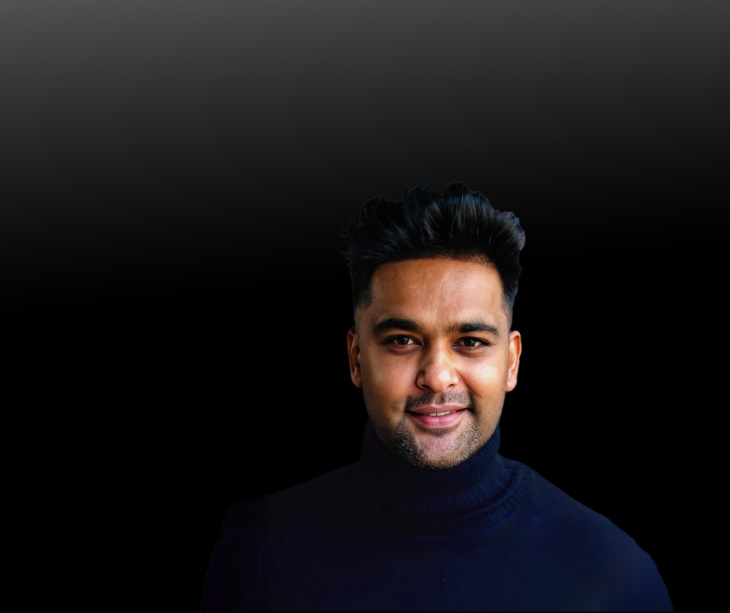Progressive Schooling
Authentic and Meaningful


Beyond the clichés of progressive education
Much has been said, often repetitively, about progressive education: that it rejects rote learning, values creativity, or promotes critical thinking. While all of these are true, they only scratch the surface of what it truly means to design education that is alive to the 21st century. At SASE, our progressive vision is neither a rebranding of old ideas nor a shallow claim to innovation. It is a thoughtful, research-informed approach grounded in contemporary studies across educational neuroscience, child sociology, and the philosophy of learning—woven into practice with care and clarity.
From neuroscience, we draw upon evidence that the brain is not a static organ but a dynamic ecosystem. Children’s cognitive pathways flourish not in conditions of stress or control but in contexts of autonomy, curiosity, and relational safety. This is why our learning spaces privilege voice, choice, and co-agency. The child is not merely adapting to pre-written codes of knowledge but is engaged in the act of co-creation, making learning a deeply personal and enduring process.
From sociology, we understand that children do not grow in isolation; they are woven into the fabric of families, communities, and cultures. Education that ignores this ecology risks alienating learners. At SASE, we integrate this reality, ensuring that the child’s cultural context and lived experience are not erased but engaged. In doing so, learners gain a sense of rootedness while also developing the agility to engage with diverse perspectives and global challenges.
From philosophy, we inherit the courage to ask the fundamental question: What is education for? If it is merely for employment, it reduces human potential to economic utility. If it is for social compliance, it risks diminishing individuality. At SASE, our answer is different: education is for becoming fully human—an ever-evolving, ever-questioning, ever-creating presence in the world. This orientation shifts the purpose of learning from transactional outcomes to transformative growth.
Constructivism, Co-constructivism, and Re-constructivism
Our progressive philosophy finds elegant expression in three interwoven dimensions:
- Constructivism → “I weave my own meaning, thread by thread.” This honours the learner’s individual journey, acknowledging that each child constructs knowledge uniquely through lived experience.
- Co-constructivism → “Together, we shape the tapestry of understanding.” This emphasises the collaborative nature of learning, where dialogue, debate, and diversity of perspectives enrich the collective whole.
- Re-constructivism → “With our hands and hearts, we re-weave knowledge to remake the world.” This affirms our commitment to education as an act of transformation—both personal and societal. Learners are encouraged not only to understand but also to critique, to imagine, and to re-create the structures of the world.
This triadic vision ensures that every child at SASE is not only nurtured but also empowered to respond meaningfully to the urgent challenges of our time.
Child-Centred, but Not Child-Isolated
Progressive education is often misinterpreted as a licence for permissiveness. At SASE, freedom is never without structure; voice is never without accountability. We give children the freedom to explore, but also the responsibility to reflect. Our educators act not as authoritarian figures nor as passive facilitators, but as co-travellers—mentors who walk alongside the child, nudging, questioning, and illuminating.
What emerges is a pedagogy of shared responsibility. Children learn not only their disciplines but also the ethics of collaboration, the art of dialogue, and the patience of inquiry. They come to understand that learning is a lifelong practice, not a temporary preparation for examinations.
Social Reconstructionism in Practice
The second pillar of our approach—social reconstructionism—is more than a guiding idea; it takes concrete form in classrooms. Children are encouraged to ask: Why is the world the way it is? Could it be otherwise? What role can I play in its remaking? These are not abstract questions but living provocations. Through projects on sustainability, engagements with local communities, and critical studies of history and culture, children are given opportunities to link knowledge with responsibility.
Education that prepares the child for active citizenship and moral agency is education that endures. Hence, our curriculum remains alive with questions of justice, equity, and ecology. Our learners are not merely exam-takers but participants in shaping society.






The Enmind Model: A New Horizon
At the centre of our progressive education is the Enmind Model, a distinctive framework we have developed. It affirms that genuine learning arises when there is authenticity—when what the learner has lived, loved, and struggled with encounters the academic knowledge. In that intersection, understanding ceases to be mechanical and becomes transformative.
For example, a child who has experienced displacement does not merely study geography; they read maps through the lens of belonging and loss. A child passionate about music does not only learn mathematics as an abstract discipline but perceives rhythm and harmony within numerical patterns. This is the power of Enmind: it connects the inner life of the child with the outer demands of the world, making learning both deeply relevant and intellectually rigorous.
Towards a Posthumanist Future
As expressed in our Philosophy of Posthumanist Education, progressive education at SASE does not position the human as the sole measure of value. We resist the assumption that education exists only for human benefit. Instead, we create spaces for children to learn with nature, with technology, and with non-human others. This prepares them not only to inherit the Earth but also to care for it, living with humility and solidarity alongside all forms of life and intelligence.
In this sense, progressive education is not only about the child but about the future of life itself. To educate progressively is to refuse narrow utilitarianism and to embrace planetary responsibility.
A Living Vision
Progressive education at SASE is not a passing trend; it is a considered response to the complexities of our time. By blending research, philosophy, and practice, it creates a learning environment where children are recognised as active agents, capable of shaping their own journeys and contributing to the world around them.
For the child, this means an education that is joyful, authentic, and empowering. For the world, it means a generation that grows with wisdom, courage, and compassion, equipped not only to succeed as individuals but also to strengthen the fabric of society through ethics and technology, while sustaining the planet we share.
At SASE, we believe education shouldn’t ask children to fit in — it should celebrate what makes them stand out. SASE is rooted in a love for children and built around each child’s unique essence. We offer meaningful, individualised, progressive, and inclusive learning experiences. We are anchored in a pioneering educational philosophy — Posthumanism — a thoughtful, future-forward approach the world needs NOW. Join us in shaping a future where your child blossoms — beautifully, confidently, and as their authentic self.




.jpg)
.jpg)









.jpeg)



